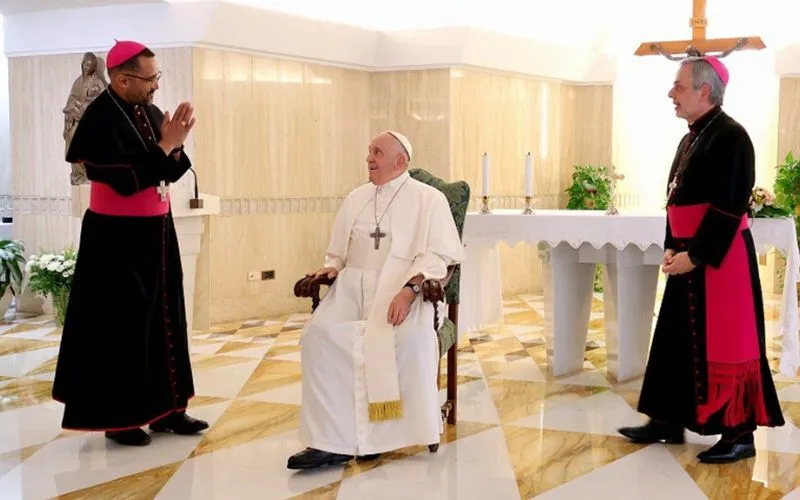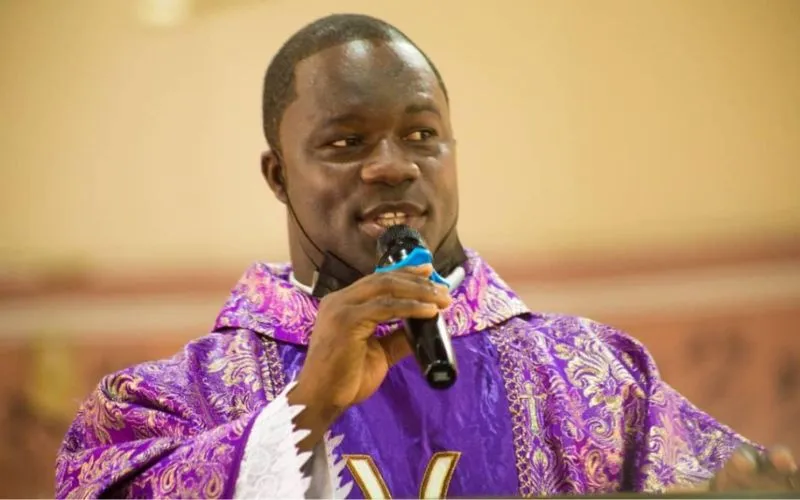“We are called to a life of simplicity and service, walking alongside our people, sharing their struggles, and respecting their dignity,” he emphasized in his reflection at the ecumenical service in honour of the late Pontiff, which brought together members of the South African Council of Churches (SACC) and the Southern African Catholic Bishops’ Conference (SACBC).
Recalling the late Pope Francis’ Apostolic Exhortation on the proclamation of the Gospel in today's world, Evangelii Gaudium “The Joy of the Gospel”, the 65-year-old South African Bishop called upon the people of God to follow the late Pontiff’s bold steps toward addressing “the pain of those who feel excluded.”
“Here, brothers and sisters, is where we must tread carefully,” he cautioned, acknowledging that “diverse interpretations and perspectives” would always be present “in a Church of over two millennia, which has splintered into many churches.”
“Some within our communities—those often-labelled conservative—feel marginalized by what they perceive in the (late) Pope as a departure from preaching the true Gospel,” he said, adding, “They, too, are part of our Church.”
Bishop Sipuka emphasized that every effort should be made to understand the concerns of the marginalized, in addition to finding “a path forward that honours tradition and the call to love and serve our neighbor.”
“The mark of a true Church is its capacity to contain all—not only the like-minded but also all—rejoicing that we can belong to one body despite our various sensitivities and traditions,” said the Local Ordinary of Umtata Diocese since his Episcopal Consecration in May 2008.
He implored God to bless His people in the Southern African nation with the strength and grace to carry on the work of the late Pope Francis, spreading the seeds of his legacy within their respective communities and beyond, as they strive to build the Kingdom of God, where all are welcome.
The late Pope Francis passed on Easter Monday, April 21. He was laid to rest on April 26 in his “beloved” Papal Basilica of St. Mary Major as he had explained in his testament.
The April 26 burial ceremony was described as a global farewell to a humble shepherd, who was at the helm of the Catholic Church for a little more than 12 years.
On April 28, the College of Cardinals announced that the Conclave to elect Pope Francis’ successor will begin on May 7, setting the final preparatory phase for the 267th Catholic Pontiff.





